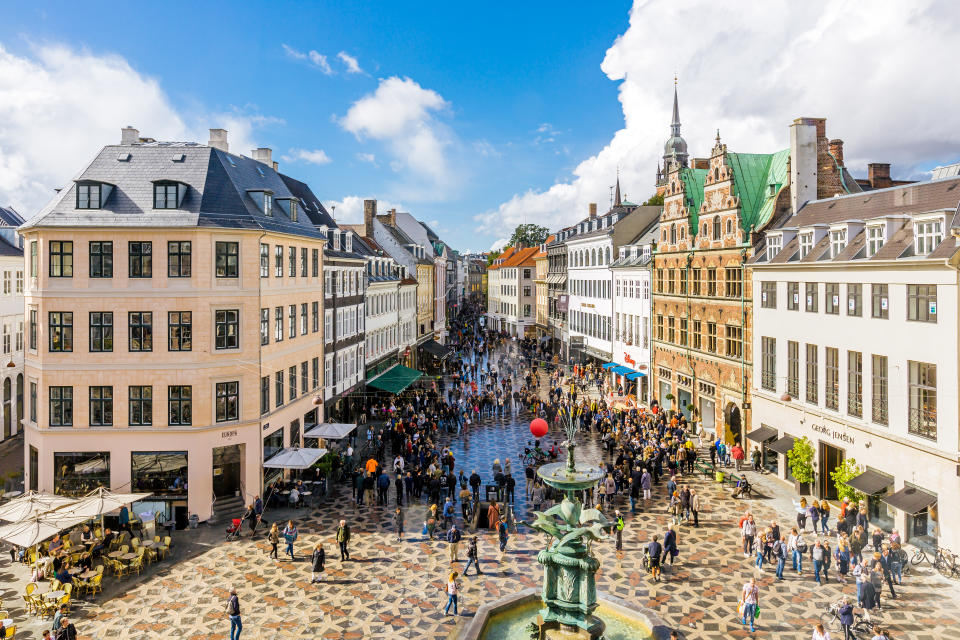Coronavirus: Denmark becomes latest country to close schools and send workers home

Denmark has become the latest country to announce measures like school closures and sending workers home in a bid to control the spread of coronavirus.
The move comes as the UK government was expected to announce the switch to a ‘delay phase’ that could include some social restrictions like working from home or cancelling events where large numbers of people gather.
Italy has already imposed a lockdown on certain areas, with people threatened with fines or jails if they break the rules, while Donald Trump has banned travel to the US from 26 European countries –though not the UK – in a bid to prevent the spread of the virus.

As of Wednesday, Denmark had seen 514 people diagnosed with coronavirus – a number that had risen 10-fold since Monday.
Announcing the measures, prime minister Mette Fredericksen said day-care centres would be closed from Monday and university and school students sent home from Friday, and also urged all events with more than 100 people to be cancelled, tightening the number from 1,000 previously.
Read more: Greta Thunberg speaks out on coronavirus: 'Back the experts'
Read more: Coronavirus: Hollywood star Tom Hanks and his wife test positive
The measures include:
Sending home all non-essential public sector employees from Friday (March 13). They should work from home if possible, but if not should be given paid leave. However employees in the health sector, the elderly care sector and the police have to stay at their posts.
Closing all public schools and daycare services Monday, March 16 for a fortnight. Students in higher education are also being told to stay at home for two weeks from March 13.
Indoor cultural institutions, libraries and leisure facilities are closing for two weeks. The government is encouraging churches, mosques and other religious institutions and associations to stay closed.
All gatherings involving more than 100 people indoors are soon to be banned. Bars and discos are also being encouraged to stay closed.
The move comes after the World Health Organisation declared the outbreak of Covid-19 a pandemic.
Speaking at a press conference in Geneva, WHO chief Tedros Adhanom Ghebreyesus said the organisation had been avoiding using the label over fears of a repeat of the hysteria created during the H1N1 influenza outbreak in 2009 but had been left with no choice.
He said: “We are deeply concerned both by the alarming levels of spread and severity and by the alarming levels of inaction.
“We have therefore made the assessment that Covid-19 can be characterised as a pandemic.”
So far, coronavirus has been confirmed in 114 countries.
There have been 126,660 confirmed cases globally and 4,641 deaths, while 68,300 people have recovered.
As of Thursday, in the UK there had been 459 confirmed cases and eight deaths, along with 18 recoveries.


 Yahoo News
Yahoo News 

